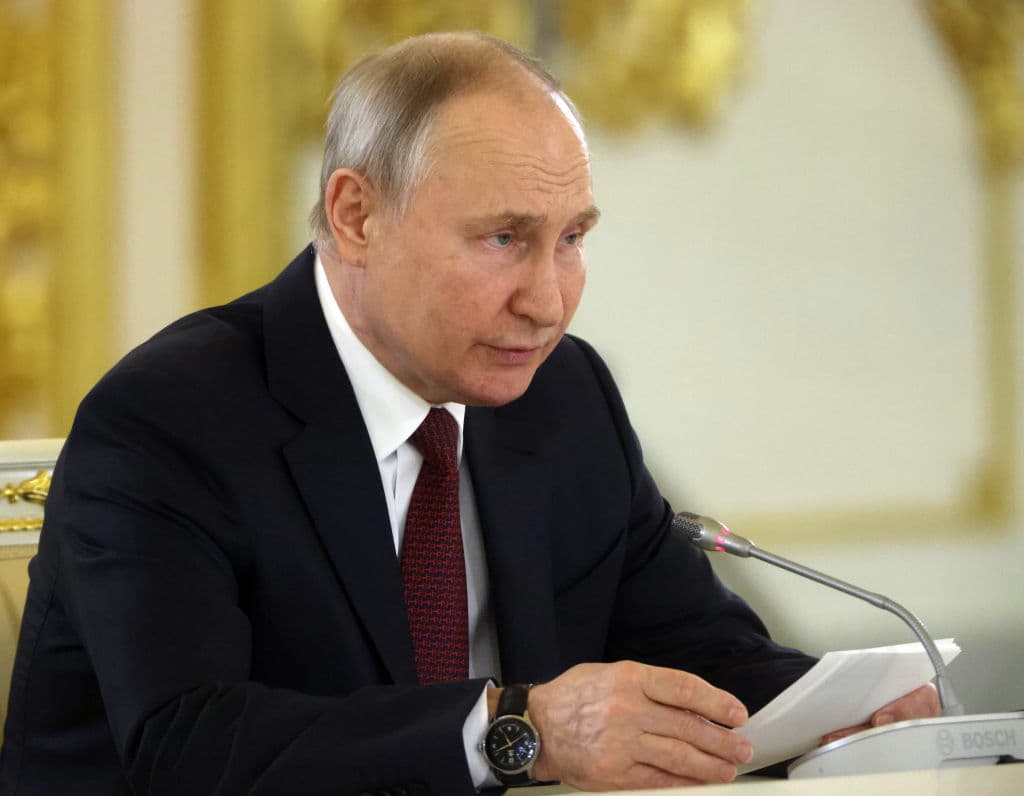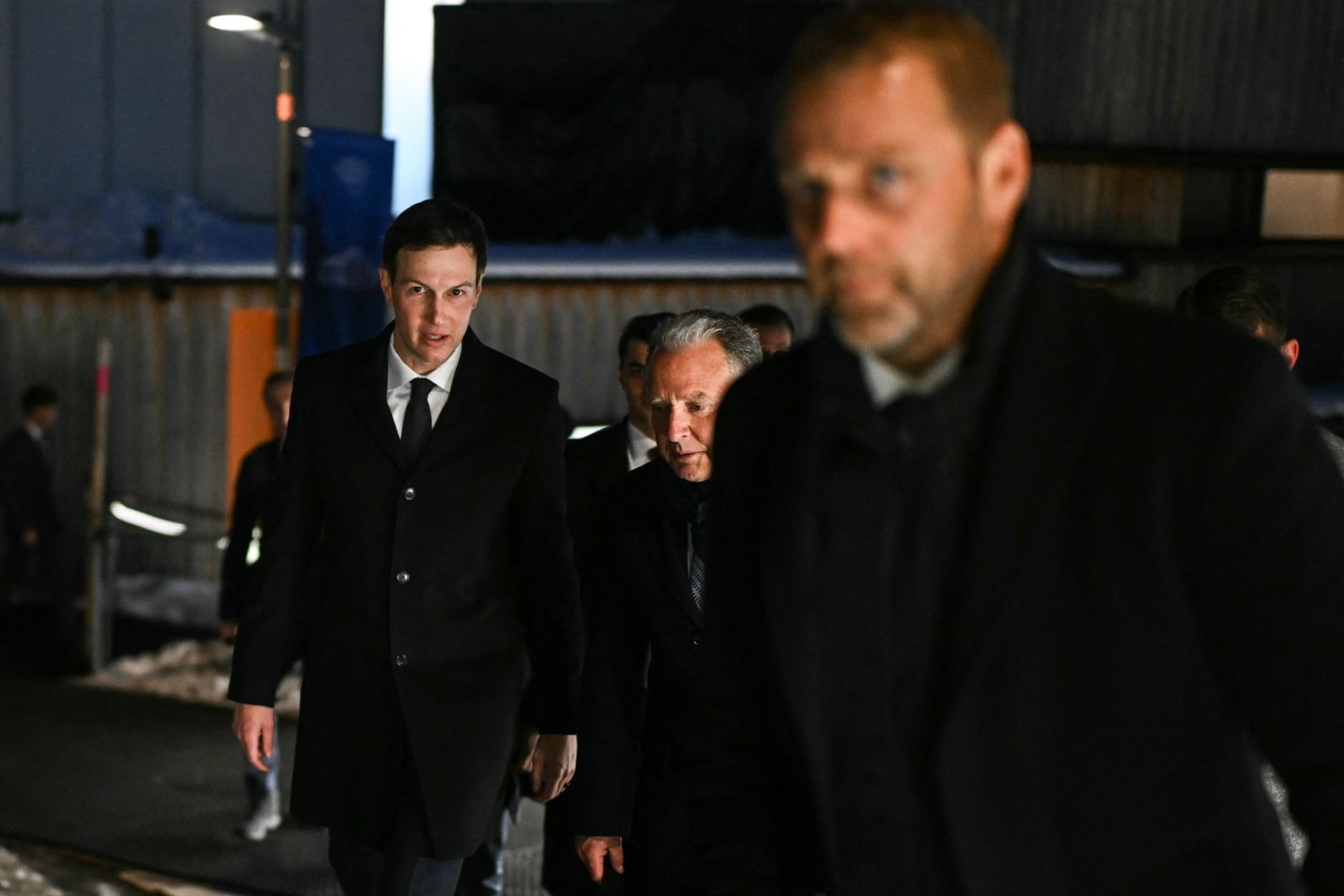Putin threatens to place tactical nuclear weapons in Belarus

Russian President Vladimir Putin threatened on March 25 that his country intends to place tactical nuclear weapons in Belarus for training, the latest in Moscow's series of nuclear threats against Ukraine and the West.
The Russian leader claimed that the decision was made due to the U.K. Defense Ministry's recent decision to supply Ukraine with ammunition containing depleted uranium.
Putin further threatened that aircraft and Iskander missile system that can carry nuclear weapons are already in Belarus, claiming that it is no different from "the U.S. and Europe" placing their weapons on ally's soil.
“We are not transferring our tactical nuclear weapons to Belarus, but we will deploy them and train the military, like the United States in Europe,” Putin said in an interview with a Russian state-controlled news outlet.
Putin claimed that the agreement had already been made with Belarus dictator Alexander Lukashenko, who the Russian leader claims has "long" been asking for tactical nuclear weapons to be placed in the country's territory.
Putin said the "special storage facility" for tactical nuclear weapons would be ready by July 1.
The Kremlin has been intensifying its nuclear threats since Ukraine began to see more progress on the battlefield in fall 2022, in a months-long counteroffensive campaign liberating the entire northeastern Kharkiv Oblast and recapturing the southern regional capital of Kherson.
Putin's latest nuclear threat comes as Russia warned the U.K. that it would escalate its war against Ukraine after London's decision to provide Kyiv with armor-piercing rounds that have depleted uranium in them. Moscow has falsely claimed that the ammunition, originally made by the U.S. to destroy Soviet-designed tanks, contained nuclear components.
Depleted uranium is a dense metal formed byproduct of enriching natural uranium for nuclear fuel. Being still radioactive but at a much lower level than the original material, depleted uranium is used in armor-piercing projectiles and bombs for greater penetration power.
According to the U.S. Environmental Protection Agency, depleted uranium can seriously threaten human health if its particles are ingested or inhaled. Munitions containing depleted uranium were used in both Gulf Wars, Serbia, and Kosovo.









